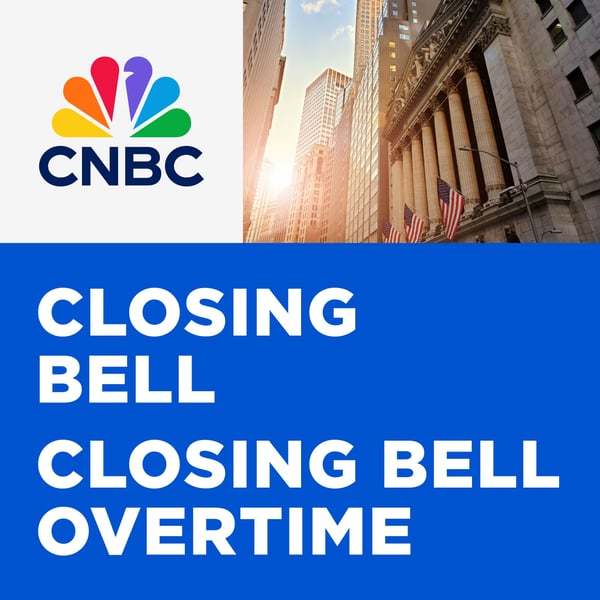Manifest Space: Semiconductors in Space: Inside Besxar’s Plan to Redefine Chip Manufacturing 10/30/25
Closing Bell
CNBC
4.8 • 118 Ratings
🗓️ 30 October 2025
⏱️ 17 minutes
🧾️ Download transcript
Summary
Transcript
Click on a timestamp to play from that location
| 0:00.0 | Semiconductor manufacturing is complicated. |
| 0:05.0 | It costs tens of billions of dollars to build a fabrication plant and can take years to build. |
| 0:10.0 | But what happens if you strip all of the earthly constraints out of the production process? |
| 0:16.0 | One of the core issues and really the genesis for why I even started the company was realizing that as chips continue to get smaller and smaller, the cost of the price point and then the cost to manufacture them only increases. |
| 0:29.4 | And interesting enough, there's actually a Moore's second law. |
| 0:33.8 | Everyone talks about Moore's law. |
| 0:35.4 | There's actually a law that states this called Moore's Second Law, also known as Rock's Law, which states that every four years, the cost to |
| 0:42.4 | construct a new leading edge fab doubles. And we're seeing this happen in real time. |
| 0:48.7 | TSM just announced the other day that their new 1.4 nanometer fab is going to cost nearly 50 billion dollars |
| 0:57.0 | up from the 20 billion that was just constructed in Arizona. |
| 1:01.0 | So we're seeing this play out and that doesn't scale. |
| 1:05.0 | So for our approach, we're trying to strip away what actually goes into manufacturing a wafer. |
| 1:12.6 | And when you really boil it down, you're talking about raw precursor materials, |
| 1:17.6 | you're talking about the wafer foundations themselves, |
| 1:21.6 | and realizing that what goes into a lot of fabs in terms of capital expenditure is HVAC systems, |
| 1:29.3 | multi-billion dollar vacuum pumps, like I said, humans and bunny suits, a lot of solvents, a lot of |
| 1:35.0 | water. And for our approach, we're actually removing all of that. Bexar Space Industries is |
| 1:42.1 | emerging from stealth, founded two years ago by Ashley Pill Lipschen, a former early Open AI employee. |
| 1:49.6 | Bexar is building fab ships to manufacture the ultra-high purity wafers and substrates used in GPUs, and do so from space. |
| 1:58.9 | The company is a member of Nvidia's Inception program, has a contract with the U.S. Navy, |
| 2:03.5 | and is backed by investors including BVentures, Union Labs, and SpaceX, which will launch Bexer's missions. |
| 2:10.5 | We've got 12 launches to go ahead, so we're going to be launching 24 fab ships two per launch. |
... |
Transcript will be available on the free plan in 2 days. Upgrade to see the full transcript now.
Disclaimer: The podcast and artwork embedded on this page are from CNBC, and are the property of its owner and not affiliated with or endorsed by Tapesearch.
Generated transcripts are the property of CNBC and are distributed freely under the Fair Use doctrine. Transcripts generated by Tapesearch are not guaranteed to be accurate.
Copyright © Tapesearch 2025.

